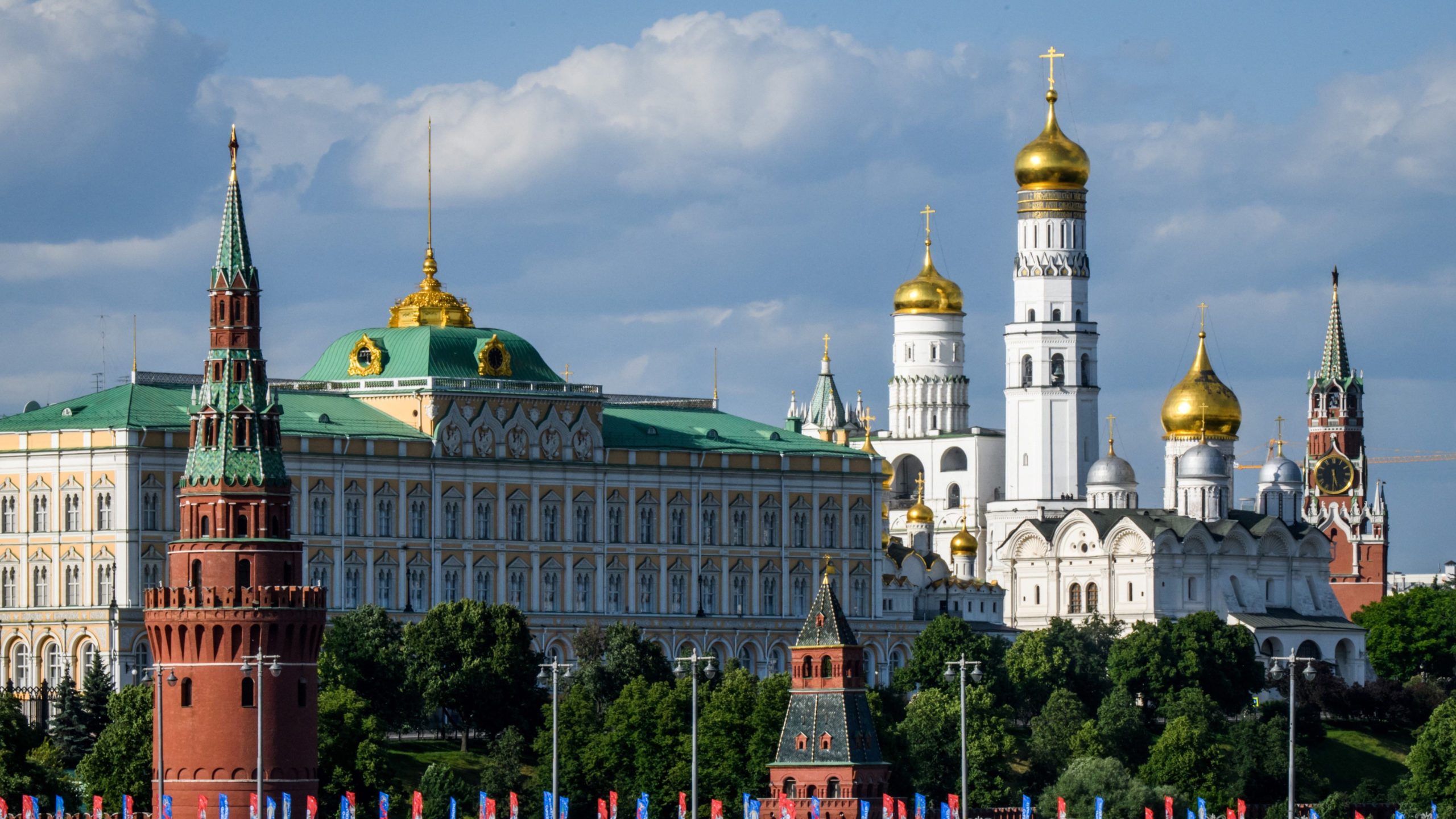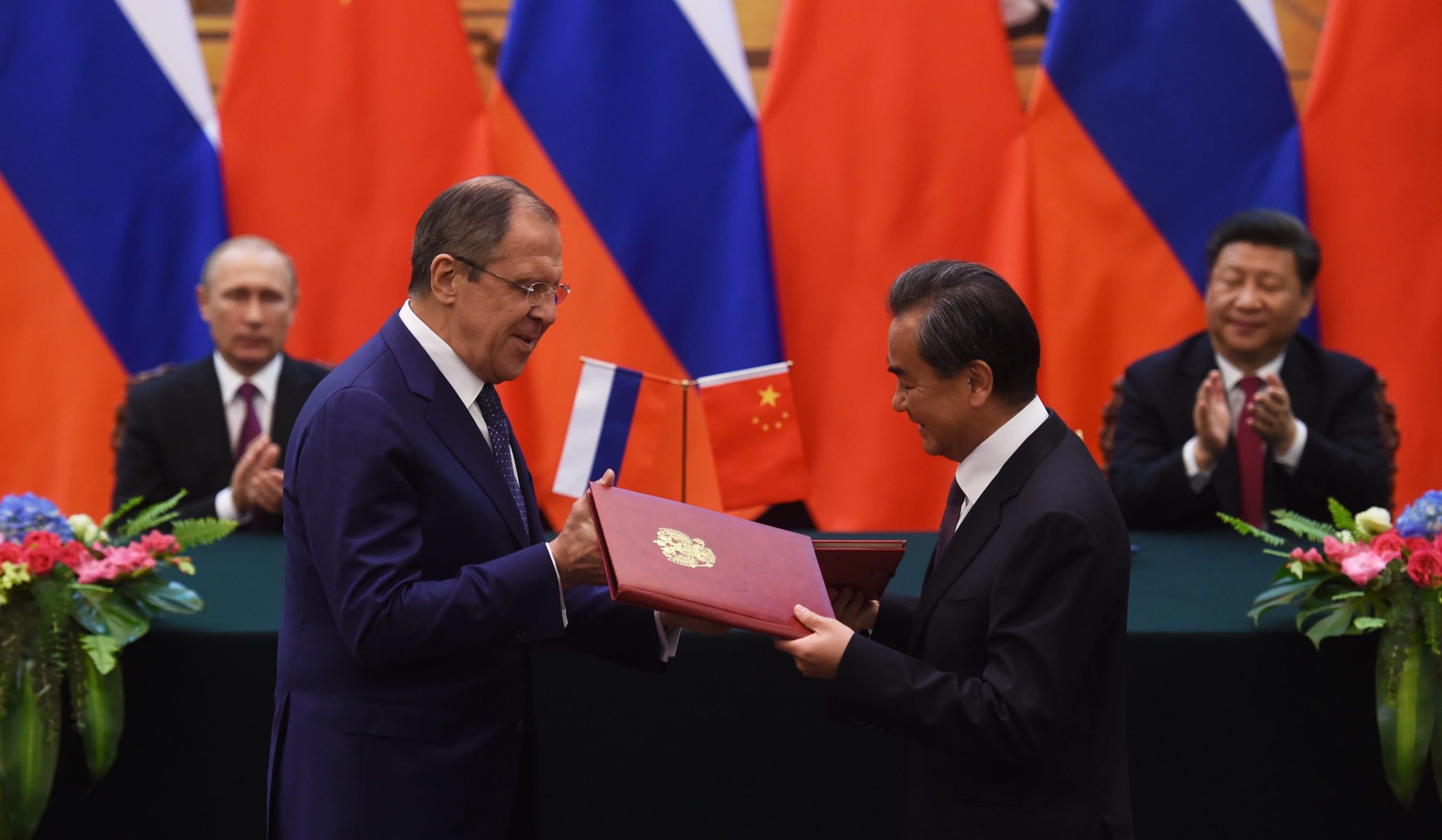In this episode of the ChinaPower Podcast, Dr. Sheena Chestnut Greitens joins us to discuss one of President Xi Jinping’s signature priorities: China’s national security. She delves into Xi’s “Comprehensive National Security concept,” emphasizing its broad scope with over 20 different components, covering everything from…
Keyword:foreign policy
The United States and China are Making Progress in Creating a “Floor” in U.S.-China Relations: A Debate with Mr. Rick Waters and Mr. Dan Blumenthal
On Thursday, October 5, 2023, the China Power Project held its eighth annual conference. The conference consisted of five separate debates by leading experts each taking a side on core issues underpinning China’s power. We will be releasing each of these debates as their own…
Evaluating Chinese Foreign Policy Decision-Making: A Conversation with Susan Shirk
In this episode of the ChinaPower Podcast, Dr. Susan Shirk joins us to discuss trends in China’s politics and how the U.S. can best manage its China policies. Dr. Shirk explains the recent history of China’s politics and how the political climate has shifted since the presidency of Hu Jintao. She also discusses the role of Xi Jinping within China’s government, arguing that Xi’s ongoing anti-corruption campaigns are meant not only to dispel corruption, but also to enforce discipline and centralize power around his leadership. Lastly, Dr. Shirk comments on the state of U.S. policy making towards China, presenting steps that could be taken in both Beijing and Washington to create more substantive and effective relations between both countries.
Unpacking the China-Hong Kong Relationship: A Conversation with Kurt Tong
In this episode of the ChinaPower Podcast, Ambassador Kurt Tong joins new host Bonny Lin to discuss China’s approach toward Hong Kong. Ambassador Tong describes how the Hong Kong citizenry has responded to China’s recent policies in the city. He argues that Beijing initially prioritized tolerance toward Hong Kong when implementing its “One Country, Two Systems” policy; however, such tolerance has recently declined. Ambassador Tong also explains how China’s foreign relations impact its policies toward Hong Kong. Lastly, he analyzes the Biden administration’s responses to the current situation in Hong Kong and provides recommendations for the administration’s Hong Kong-related policies in the future.
Decoding China’s Diplomacy Discourse: A Conversation with Malin Oud
In this episode of the ChinaPower Podcast, Malin Oud joins us to discuss the importance of language in understanding China’s diplomatic and international cooperation strategies. Ms. Oud breaks down China’s efforts to both redefine international values and standards, such as “democracy,” “rule of law” and “human rights,” and promote its own definitions when interacting with other nations via diplomacy and international cooperation. She argues that China’s efforts to both weaken current international norms and promote its own norms on the global stage indicate that China has growing confidence in itself and its political system. Lastly, Ms. Oud states that when Western nations engage with China, they need to not only understand what China means when it uses the language of international values and standards, but also strengthen their own domestic capabilities so as to meaningfully defend current standards and international norms.
Setting up U.S.-China Ties in a New Administration: A Conversation with Evan Medeiros
In this episode, we discuss with Evan Medeiros how U.S.-China relations were managed during the last presidential transition and discuss potential challenges for the relationship under the new administration.
What Are the Weaknesses of the China-Russia Relationship?
While China and Russia presently reap substantial benefits from ties with each other, their relationship is complex and comes with costs for both sides. This ChinaPower feature analyzes three key weaknesses of their relationship.
What Do Overseas Visits Reveal about China’s Foreign Policy Priorities?
Overseas visits by top officials are a critical component of diplomacy and soft power. This ChinaPower feature analyzes the foreign diplomatic travels of top Chinese officials, revealing unique insights into China’s foreign policy priorities.



